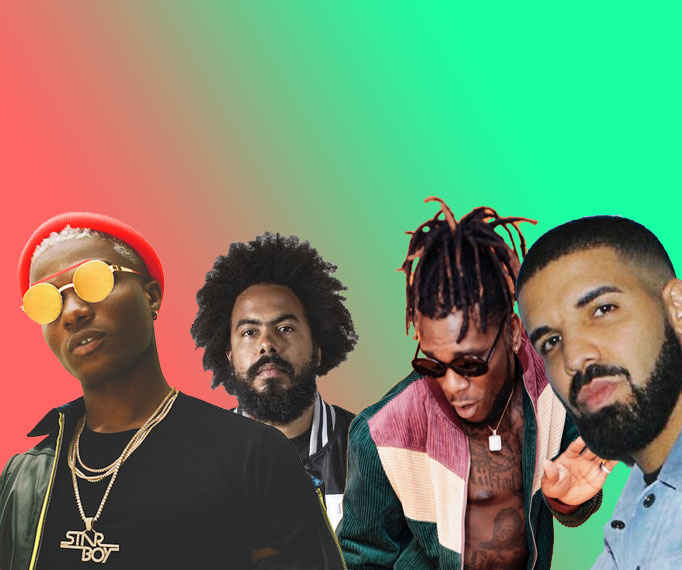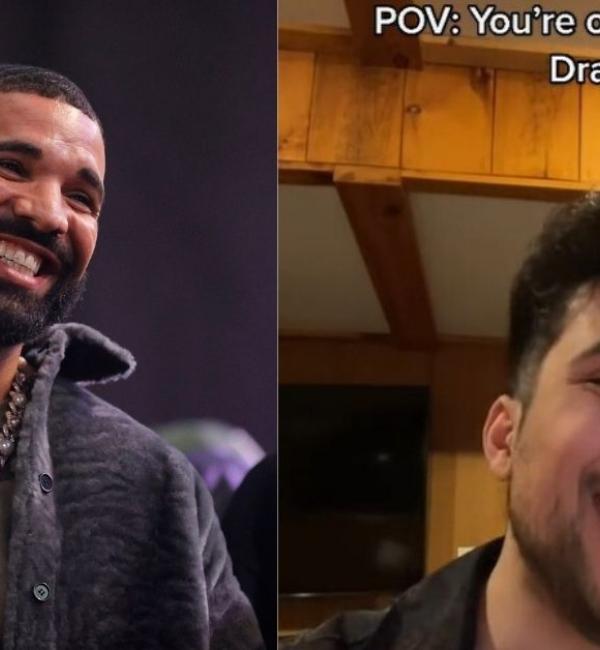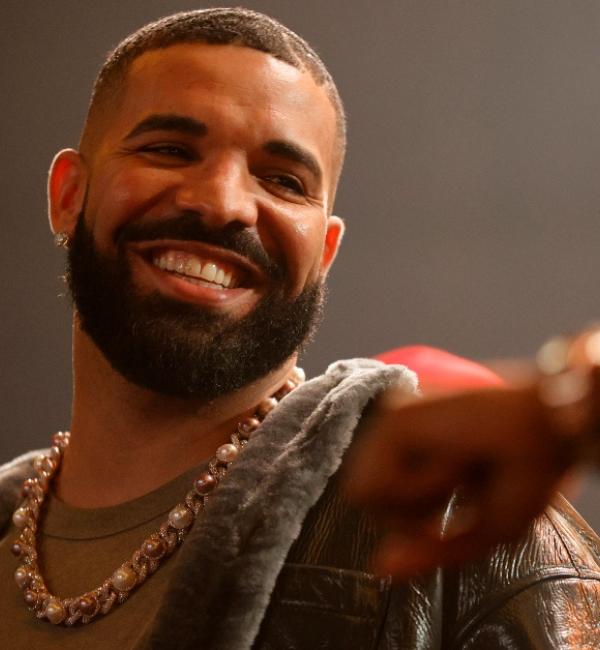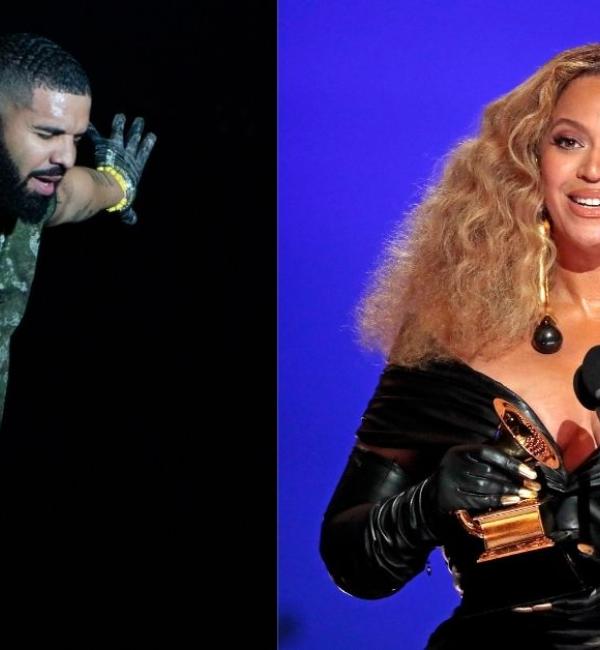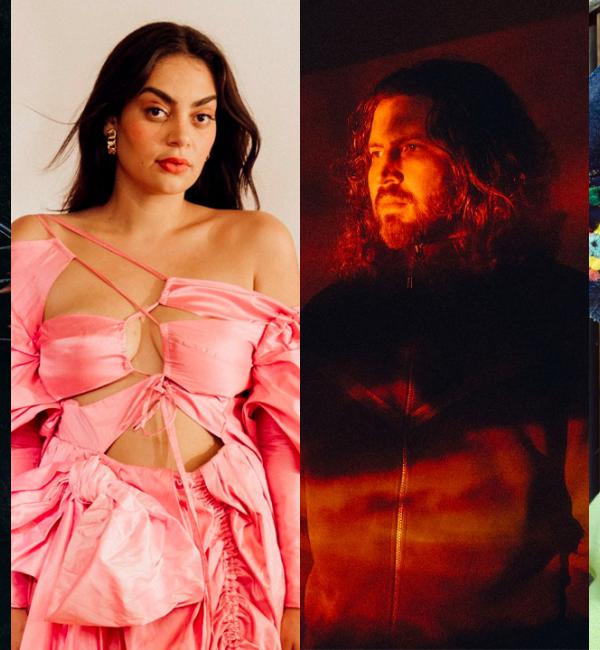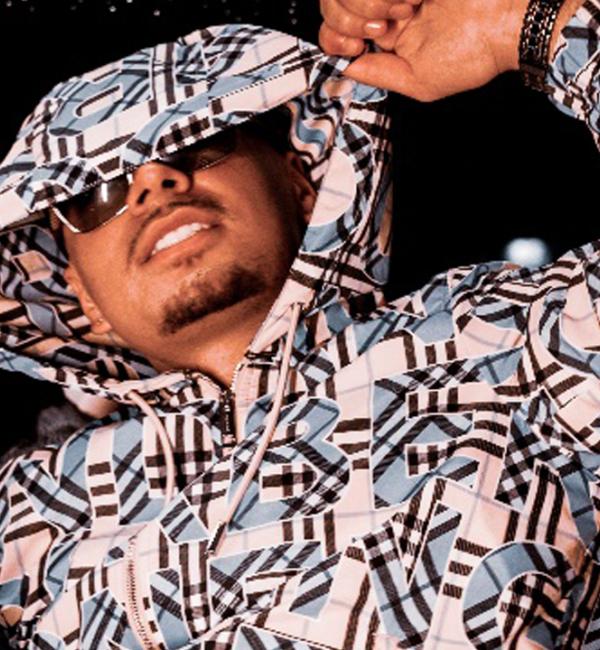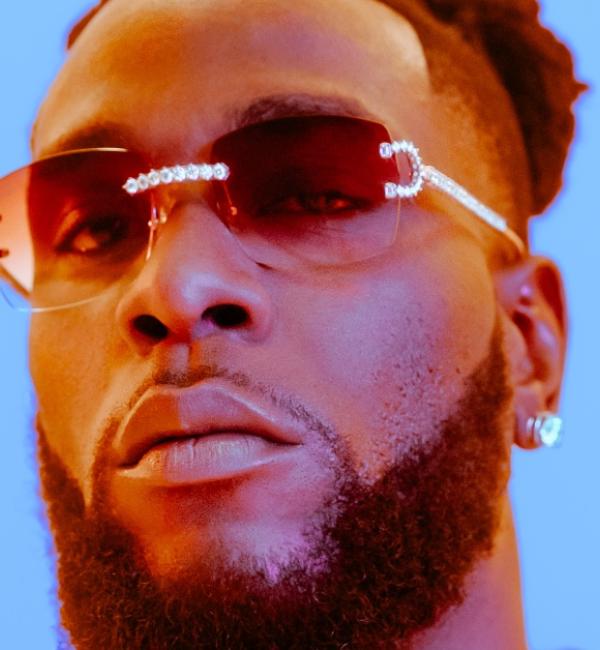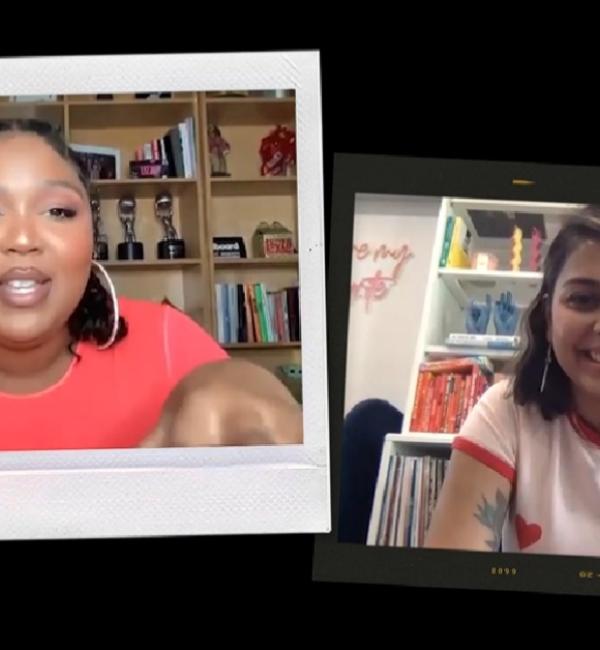The Past
Afrobeat is a style of music that originated in Nigeria with its influence spreading across West Africa and now the globe. It’s a fusion of jazz and traditional Nigerian and Ghanaian music that is largely attributed to Fela Kuti, a Nigerian visionary who popularised the genre in the 1960s and 1970s with lengthy, experimental jams that combined both dance and politics. Kuti was an outspoken bandleader who broached everything from corruption in Nigerian politics to national sovereignty.
While Afrobeat has found a place in global mainstream music nowadays, Kuti’s influence originally spread in the 1970s with musicians like US producer Roy Ayers and even experimental producer Brian Eno incorporating elements of Afrobeat into their own music.
The Now
At the turn of the millennium, Afrobeats gained international prominence once again but it’s a different sound to the one Kuti spread (with an added 's'). Modern Afrobeats combines those African rhythms with modern Western music. Where Kuti’s music was politically and socially critical, the 2000s wave of Afrobeats radiates joy and positivity with some arguing that Afrobeats does not accurately describe the genre anymore, using the term Afropop instead.
The internet and television have been instrumental in the global spread of Afrobeats. The genre never really subsided in Western Africa but in the early ‘00s with the local launch of MTV, a space was carved out for the genre to flourish. Europe was the first continent outside of Africa to adopt the genre with songs like 2baba’s 2004 hit African Queen and P-Square’s 2003 cut Do Me finding early chart success. The latter group, an R&B duo continued to score hits across Africa and eventually saw Rick Ross and Akon feature on their songs in the early 2010s. In 2011, Nigerian artist D’Banj scored a hit with Oliver Twist and was eventually signed to Kanye West’s GOOD Music. Kanye even featured in the video with the song going onto enter the UK top 10.
The genre's international influence was still nowhere near where it is now and to understand its growth we need to look at Ayodeji Ibrahim Balogun aka Wizkid. After releasing music for a number of years including scoring local hits with his 2011 debut Superstar, he gained international recognition with his 2014 cut Ojuelegba. Effortlessly combining West African language Yoruba with English, the song gained heavy airplay on Nigerian radio before crossing over onto British radio, where it was picked up by legendary Grime MC Skepta. Drake was, at the time, dripping into the grime scene and working heavily with Skepta who passed the song onto the Canadian megastar.
In 2015, Drake premiered on a remix of the song on his Beats 1 program OVO Sound making Wizkid an international name. He would only get bigger when he jumped on Drizzy’s One Dance, which went onto become Drake’s first US number one and start a prominent international relationship between commercial Western music and Afropop. In 2017, Wizkid signed a major international deal and released his third album Sound From The Otherside featuring Major Lazer, Drake, Ty Dolla $ign and more.
He’s not the only one who was scoring crossover success either. Atlanta-born, Lagos-raised artist DaVido has scored millions of streams on streaming platforms, Mr Eazi has infiltrated the European charts collaborating with artists like Raye and Major Lazer and British-Ghanaian artist Fuse ODG has become a British chart mainstay, even collaborating with Ed Sheeran signing in Ghanaian language Twi.
The influence of the genre has now spread outside of West African artists with R&B artists like Chris Brown and Roy Woods plus British pop singers like Dua Lipa and Anne-Marie incorporating the sounds into hits of their own. Last year, Walshy Fire, Diplo and Jillionaire aka Major Lazer declared “Africa is the future”, before dropping their own Afrobeats mix inspired by their own travels in the country. The 30-minute mix featured prominent Afrobeats artists including Skales, Niniola and DaVido. They also featured Mr. Eazi on their 2018 single with Rudimental and Anne-Marie, Let Me Live.
In a documentary for Quartz, Wizkid’s producer Sarz aptly described exactly why the genre has spread globally saying, “Anyone can hear this and relate to it and to me that’s a winner.”
The Future
Afrobeats has gotten to a point now where it’s surviving without the co-signs of major players like Drake. One of last year’s best records was 27-year-old Nigerian artist Burna Boy’s project Outside. Now signed to Atlantic, he recruited the likes of Lily Allen and J Hus for a near faultless display that combined African rhythms with modern hip-hop and grime stylings. This year, he’s set to play Coachella on a bill that also includes Mr. Eazi giving Afrobeats an ever larger international platform.
Another artist to look out for is Adekunle Gold whose 2019 single Before You Wake Up is one of the most effortlessly melodic jams of the year so far. British born producer-turned-artist Maleek Berry is also building some serious heat at the moment. He’s produced for the likes of Wizkid and Wale but he’s having his own time in the sun now. His 2016 track Kontrol has nearly 50 million streams while a slew of singles last year and a debut EP First Daze Of Winter also garnered hype. Eyes also have to be on Mr. Eazi who is making some major international plays at the moment. So far, he’s collaborated with Major Lazer, Raye, Popcaan and Rudimental but his excellent 2018 project Life Is Eazi, Vol.2 - Lagos To London suggests he’s got his sights set on success in Europe.
After featuring on Major Lazer’s Afrobeats Mix last year, Niniola is generating some hype right now too. Her current single Designer was producer by Wizkid collaborator Sarz and follows on from a DJ Snake feature with Maradona Riddim. Finally, Rema is a fresh-faced new artist from Nigeria, who fuses elements of Afrobeat, Afropop, Bollywood and trap, with his song Dumebi conquering African and European charts as well as becoming a viral hit on Instagram.
